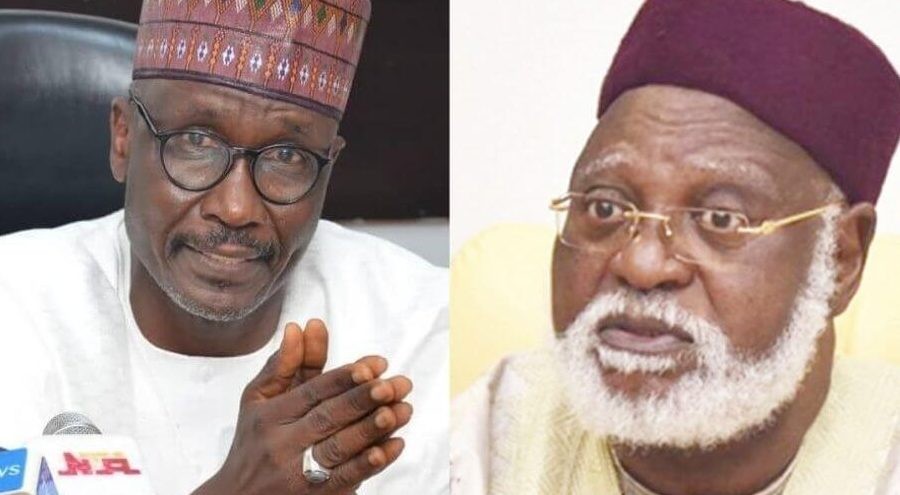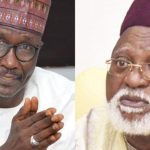
Abdulsalami Abubakar
| Abdulsalami Abubakar Wiki | |
|---|---|
| Name | Abdulsalami Abubakar |
| Profession | World Leader |
| Age | 81 years |
| Date of Birth | June 13, 1942 |
| Horoscope | Gemini |
| Country | Niger |
| Height | Check Below |
| Net Worth | See Below |
Birthday Countdown
Abdulsalami Abubakar, born on June 13, 1942, in Nigeria, is a prominent world leader who served as the ruler of Nigeria from 1998 to 1999. He succeeded the notorious strongman Sani Abacha and played a crucial role in guiding the country towards multiparty elections.
Early Life and Background
Abdulsalami Abubakar was born in Minna, Nigeria, and belonged to the Gwari people. His upbringing and cultural background shaped his values and leadership style, influencing his decisions as a leader.
Transition to Power
Abubakar took over the reins of Nigeria with a promise to hold free elections within the year and transfer power to the elected president. Despite skepticism and doubt from many, he fulfilled his commitment, demonstrating integrity and commitment to democratic principles.
Leadership Style
Similar to F.W. de Klerk in South Africa, Abdulsalami Abubakar sought to bring prosperity and peace to a country plagued by instability and conflict. He navigated the political landscape with tact and diplomacy, striving to unite the nation and promote economic development.
Legacy and Impact
Abubakar's tenure as the leader of Nigeria left a lasting impact on the country's political landscape. His commitment to democracy and governance set a precedent for future leaders, emphasizing the importance of transparency and accountability in leadership.
FAQs
1. What role did Abdulsalami Abubakar play in Nigerian politics?
Abdulsalami Abubakar served as the ruler of Nigeria from 1998 to 1999, overseeing a critical period of transition and political reform in the country.
2. How did Abdulsalami Abubakar contribute to democracy in Nigeria?
Abubakar facilitated the transition to multiparty elections and upheld his commitment to transfer power to the elected president, demonstrating a commitment to democratic principles and governance.
3. What was Abdulsalami Abubakar's cultural background?
Abdulsalami Abubakar was born in Minna, Nigeria, and belonged to the Gwari people, whose cultural heritage influenced his values and leadership style.
Abdulsalami Abubakar's leadership legacy continues to inspire future generations of leaders, highlighting the importance of integrity, democracy, and governance in shaping a nation's future.








